What can an associate professor of psychology contribute to a project about agriculture education in high schools?
The U.S. Department of Agriculture has provided Ying Jin with a $450,000 grant to find out.
Jin, along with Chaney Mosley, an assistant professor of agriculture education in the School of Agriculture, and Song Cui, an associate professor of digital agriculture, will use the federal stipend to develop a three-year institute to bring high school agriculture teachers together for professional development.
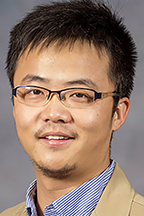


The teachers are steeping themselves in “deeper learning” instructional and assessment practices, which concentrate on developing students’ competencies, including critical thinking, complex-problem solving, communication and collaboration skills and an academic mindset.
Jin said some 500 K-12 schools nationwide have adopted this concept.
“With this project, I’m thinking that we can actually let teachers from other schools understand the potential and the benefits of this concept, how teachers can utilize a variety of instructional and assessment practices to create deeper learning opportunities for students to develop deeper learning competencies,” Jin said.
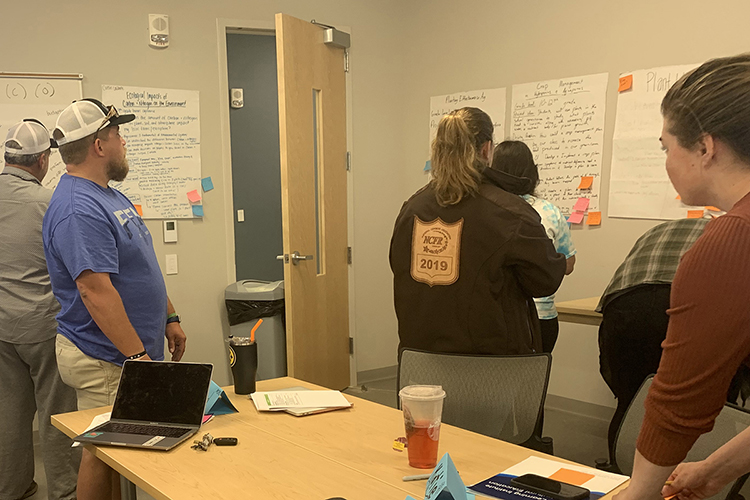
Mosley said project-based learning, or PBL, a strategy in which educators engage students in tackling real-world challenges and scenarios that increase their knowledge and skill sets, is a part of the approach.

“For students, learning through PBL has many advantages — most notably the development of employability skills that will help youth matriculating from school to work with both securing a job and keeping a job,” Mosley said.
Jin’s area of expertise is quantitative measurement and assessment, so her role in assessing the project’s impact is crucial.
“I will develop multiple measures for both teacher and student outcomes,” Jin said. “For example, I would like to create a measurement for the quality of the PBL unit plans teachers create and then investigate the association between the quality of those plans with student outcomes.”

For Mosley, project-based learning and deeper thinking can move high school agriculture education out of the limitations of multiple-choice tests and fill-in-the-blank questions and into a more comprehensive preparation for agriculture careers.
“In the agriculture industry, student knowledge and skills related to advanced technologies is essential in a global economy, especially where students need to be familiar with the global economy, especially where students need to be familiar with the interconnectedness of food systems and related industries such as engineering and marketing,” Mosley said.
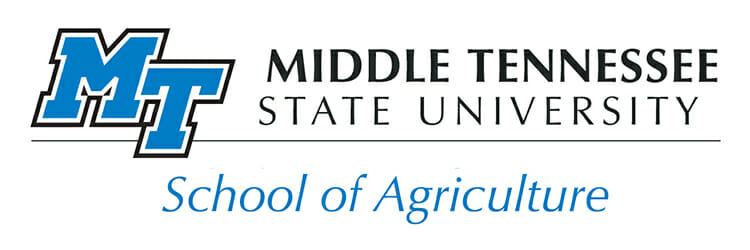
The teachers received their initial training the week of June 6 and will continue designing a project over the summer to implement in their high school classrooms in the new academic year.
The organizers plan to launch a website in September.
Next summer, the high school educators will return to MTSU for a three-day refresher course. The third year will involve an evaluation of the project and a combination of outreach and sharing results with other professionals.
For more information, contact Jin at 615-898-2320 or ying.jin@mtsu.edu.
— Gina K. Logue (gina.logue@mtsu.edu)
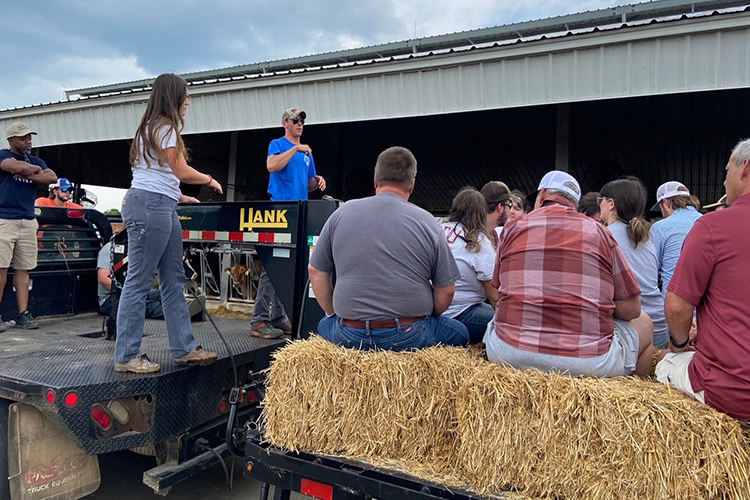

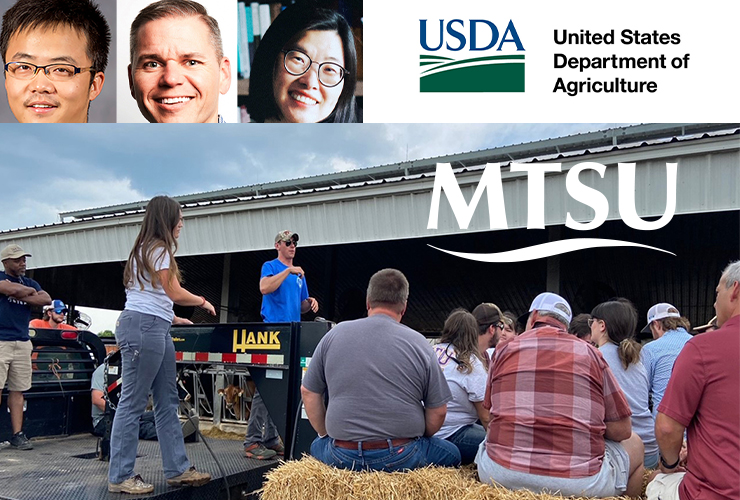
COMMENTS ARE OFF THIS POST